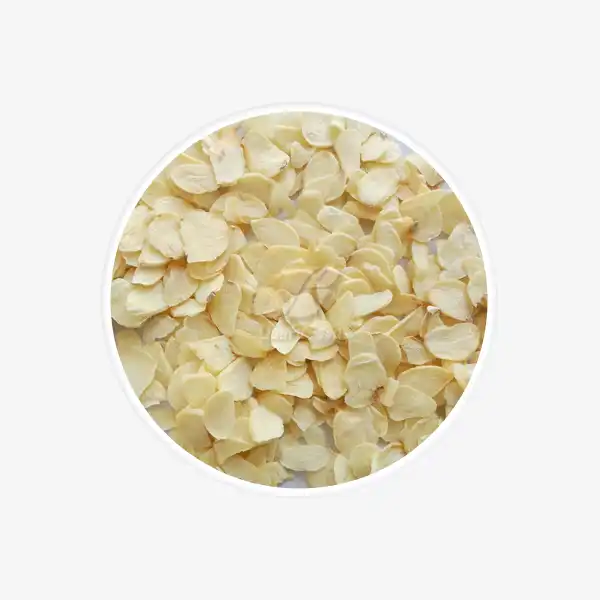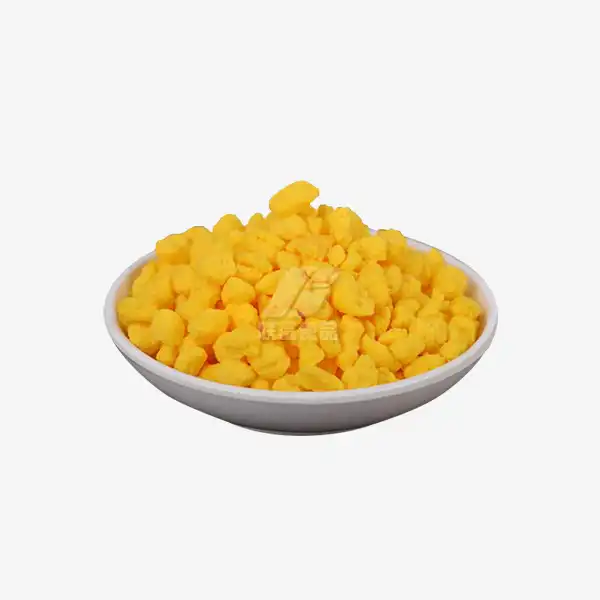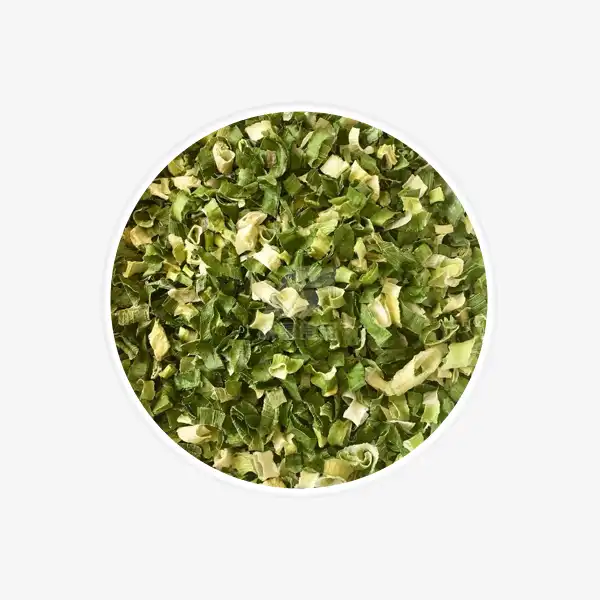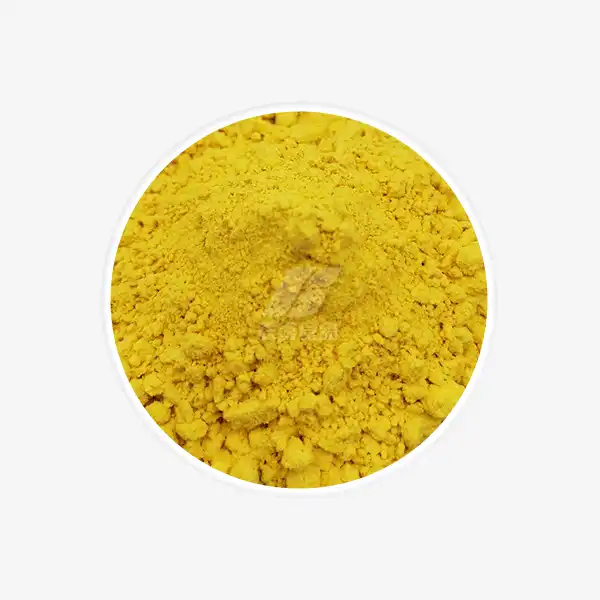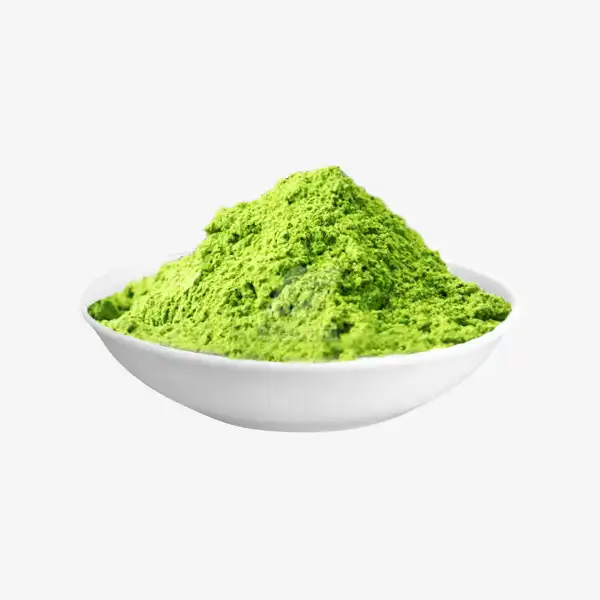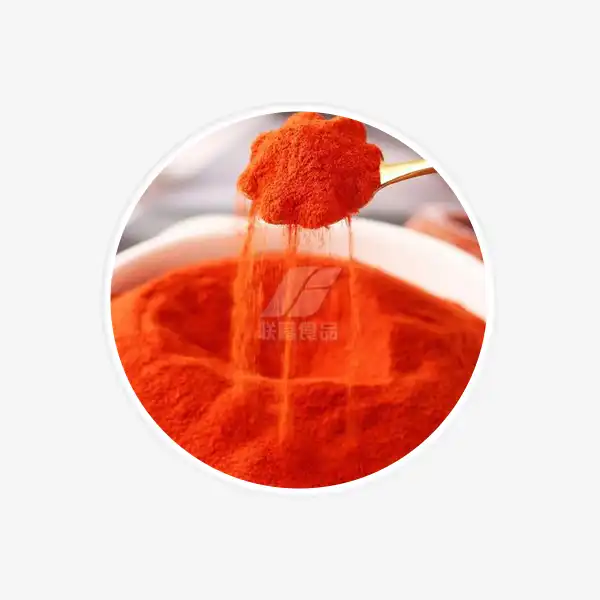6 Health Benefits of Beetroot
While beetroot may have potential health benefits, it’s not clear if these are temporary or have long-term effects. Most studies have focused on beetroot juice, with only a handful of studies investigating beetroot powder.
Despite that, beetroot contains several different compounds with different properties. Here are the six health benefits of beetroot powder.

1. Beetroot Powder Is Rich in Nitrates
Firstly, beetroot powder is rich in nitrates. Nitrates have important roles related to increased blood flow, gas exchange, mitochondrial efficiency, and strengthening of muscle contraction. By causing relaxation of the smooth muscles that encircle arteries and veins, nitrate leads to the dilation of these blood vessels, thereby lowering blood pressure. Nitrate medications are used for people with high blood pressure, angina, and heart disease to relax blood vessels, widening them to allow greater blood flow.
2. Beetroot Has Anti-Inflammatory Properties
Secondly, beetroot contains antioxidant polyphenol compounds that have anti-inflammatory properties. Antioxidants are molecules that have the ability to neutralize free radicals and protect against cell damage that can lead to chronic diseases. Eating a diet high in antioxidants found in fruit and vegetables is associated with a lower risk of chronic disease. Different polyphenol compounds are different colors, that’s why you will often hear about eating a rainbow of fruit and vegetables.
3. Beetroot Has Anti-Cancer Effects
Beetroot also contains betalains that have been found to have anti-cancer effects in cellular models in the laboratory. Clinical trials are now needed to assess if there are potential anti-inflammatory and anti-cancer effects and the nature of these effects. While the anti-cancer effects of beetroot in humans aren’t known yet, including them in your diet may help and is unlikely to risk harm.
4. Beetroot Powder Is a Great Source of Vitamins C and Folate
Beetroots are also a great source of vitamins C and B9 (folate). Vitamin C and folate have many important roles in our bodies. Vitamin C is required for the biosynthesis of collagen, which acts as a scaffold in the skin and ligaments. It is also has a role in wound healing and protein metabolism. Folic acid is vital for the production of healthy red blood cells, and cellular growth. Inadequate intake of vitamin C over a 3 month period can lead to scurvy, and smoking can further reduce the bioavailability.
5. Beetroot Contains Essential Minerals
Beets also contain the minerals iron, manganese, and potassium. Iron has a vital role in the transportation of oxygen by healthy red blood cells. Over 40% of children worldwide have iron deficiency anemia and women of childbearing age are also at increased risk because of menstruation. Potassium may actually prevent the harmful effects of eating excess salt (sodium chloride). Manganese has several roles including metabolism, bone formation, and the immune system. Beetroots are a great way of including all these micronutrients in your diet.
6. Beetroot Powder Is a Great Source of Fiber
Fiber is such an important component of our diet, with most of us needing to eat much more to reach the recommended daily amount of 30g. For every 10g of fiber you eat a day, you may decrease your long-term risk of bowel cancer.
Fibre also acts as a pre-biotic, providing food for the friendly micro-organisms in your gut called the microbiota. There are trillions of micro-organisms in your gut that are now known to play a key role in inflammation and both mental and physical health. Eating beetroots can help to increase your fiber intake and support a healthy gut community.
It’s clear that for relatively few calories, beetroot contains a variety of vitamins, minerals, nitrates, and antioxidants. For these reasons, beetroot is labeled as a “nutraceutical” and supplementation has become increasingly popular. While most studies have looked at the effects of beetroot on blood vessel dilation, there are still many unanswered questions about other potential benefits.

_1729843393550.webp)









